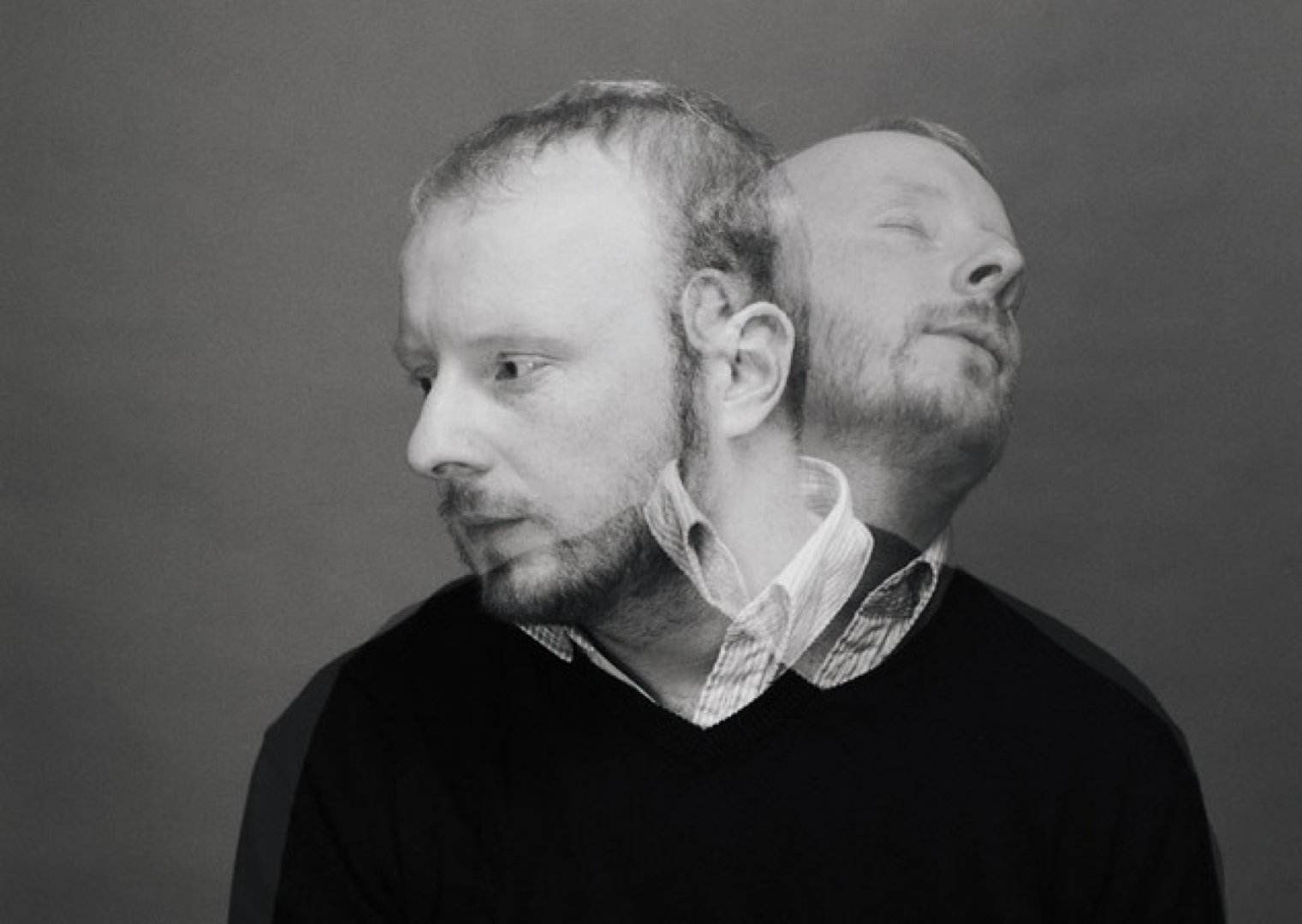Born and raised in Falkirk, Scotland, Malcolm Middleton found fame as the member of Arab Strap commonly credited with ‘most things musical’. While Arab Strap are known for their uncomfortably intimate lyrics, Middleton’s solo career, which ran in tandem with the band until they split in 2006, has provided an outlet for Middleton’s more personal and, at times, more harrowing songs.
It began with 2003’s 5:14, Fluoxytine, Seagull Alcohol, John, Nicotine, Middleton’s first solo effort. Flushed with depression at the time of writing, it finds Malcolm in a bleak place, but comes across as darkly humorous and poignantly beautiful. The first time Malcolm had committed his voice to record since Arab Strap’s debut, this was our man finding his feet. ‘Hearing those songs back and singing them over and over again on my own made me realise how pathetic a situation I was in and helped me to change it,’ says Malcolm. ‘Listening to it now is quite harrowing. I can hear an old friend who was severely depressed, desperate and unhappy.’
Its follow-up, 2005’s critically acclaimed Into The Woods, found a ‘fuck you’ spirit in hard times, and spawned the irresistible single Loneliness Shines. ‘Things all came to a head for me in 2001 when Arab Strap finished touring The Red Thread album,’ said Malcolm at the time. ‘My life fell apart for the better and I didn't leave the house for six months. I wrote songs for comfort and to wallow in for a while.’
Featuring a host of Glasgow scenesters including Mogwai’s Stuart Braithwaite and Barry Burns, members of The Delgados, The Reindeer Section and fellow Strapper Aidan Moffat, the record was rightly named one of Mojo magazine’s ten albums of the year.
As Arab Strap drew to an amicable close with the bookend compilation Ten Years Of Tears, Malcolm worked on his next defining statement, A Brighter Beat, due for release in February 2007 on his new label Full Time Hobby. Recorded once more with various Glaswegian luminaries, it’s Malcolm’s most bombastic record to date, bursting with strings, big productions and an infectious, beaty number called We’re All Going To Die.
‘If I was forced to describe it (which I am) I'd probably say it was a pop album for people who hate pop music,’ says Malcolm. ‘Or maybe I’d describe it as love songs for depressed people who find it hard leaving the house sometimes and worry too much about dying and the consequences of their daily actions and thoughts to be able to enjoy life fully.’
A Brighter Beat has confirmed Middleton as one of the true originals of our time, affirming his place in the same lineage of passionate, pained songwriters as Leonard Cohen, Nick Cave and Elliott Smith. Like them, his songs are deeply cathartic, often depressing, but always able to inject humour and dry wit into the darkest facets of the human experience. But Malcolm’s is a fragile gift. His lyrics frequently vent his frustrations with his own songwriting, and his self-doubt is the recurring thread in his work.
‘I have a problem with confidence in that my own supply is very unreliable,’ says Malcolm. ‘Some days I think my songs are as good as anyone else’s and have a right to be in the world. Other days I hate my voice, my sentiments, and my need to do this. So therein lies the problem.



